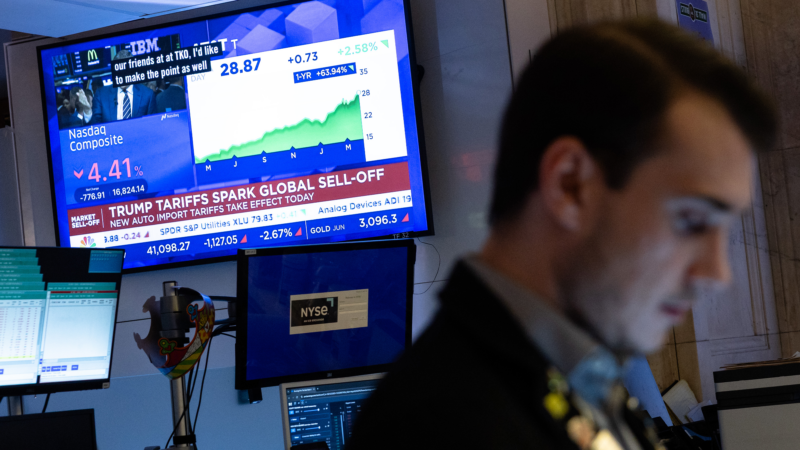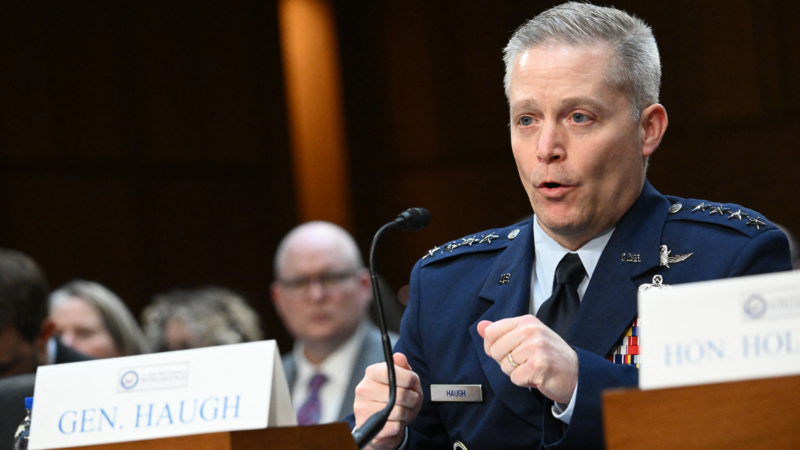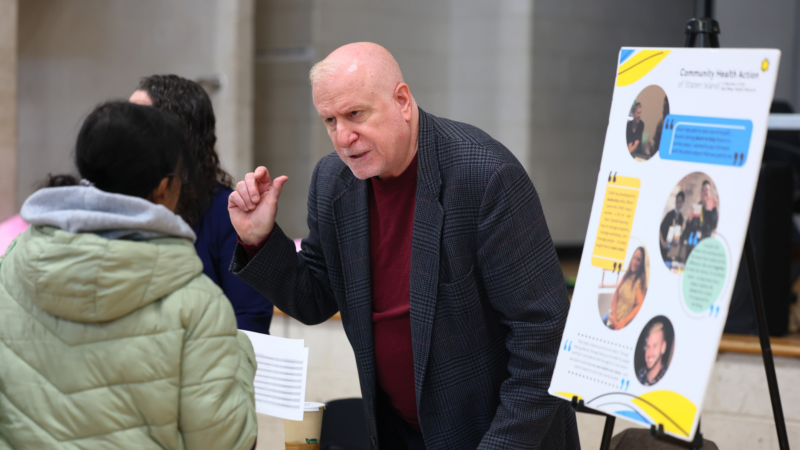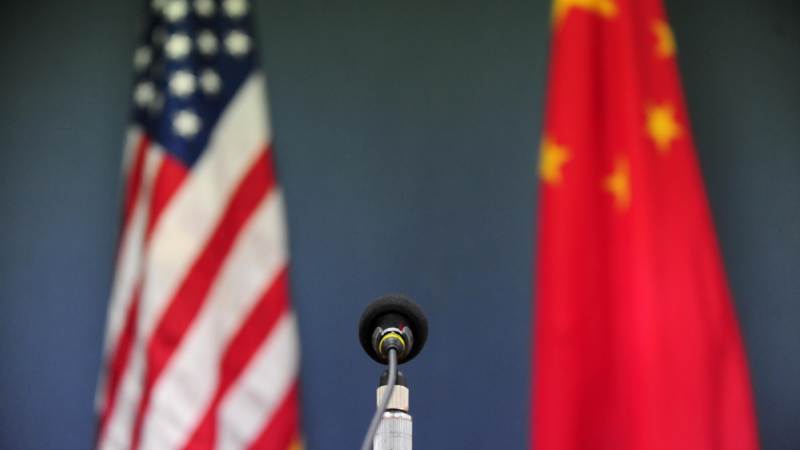The Federal Reserve holds interest rates steady as inflation remains stubborn
The Federal Reserve held interest rates steady Wednesday as it seeks to curb stubborn inflation.
Fed policymakers have hinted that they’ll be cautious about additional rate cuts, so long as the job market remains solid and prices continue to climb.
The central bank left its benchmark interest rate between 4.25% and 4.5%. That helps determine the cost of other short-term borrowing, such as car loans and credit card debt.
While the decision to leave rates unchanged was widely expected, it sets up a potential clash with President Trump, who told reporters earlier this month that he believes “interest rates are far too high.”
In a speech to the World Economic Forum last week, Trump also said he would “demand” lower rates.
No rush to cut rates further
The central bank has already cut its benchmark rate by a full percentage point since September. But faced with sticky inflation, policymakers are in no hurry to make additional cuts. Consumer prices in December were up 2.9% from a year ago — a slightly larger annual increase than the previous month.
Meanwhile, the job market has proven to be remarkably resilient, with employers adding more than a quarter-million jobs last month. If the labor market were weaker, there would be more pressure on the Fed to cut borrowing costs and stimulate hiring.
“I have seen nothing in the data or forecasts that suggests the labor market will dramatically weaken over coming months,” Fed governor Chris Waller said this month.
At their last meeting in December, Fed policymakers projected they would cut interest rates by an average of just half-a-percentage point this year — which was down from the full-point cut they were predicting three months earlier.
There was considerable disagreement within the rate-setting committee, however, with one member projecting no rate cuts in 2025 and others predicting as many as four or five quarter-point reductions.
Uncertainty over Trump’s policies
While Trump wants the Fed to lower interest rates, his own policies could work against that by fueling inflation. The president has threatened widespread tariffs, for example, which could lead to higher prices for consumers. Mass deportations could also limit the workforce, making it harder to bring prices under control.
Still, Waller expects the fallout from Trump’s policies to be limited, clearing the way for at least some additional rate cuts later in the year.
“Of course, we need to see what policies are enacted before we can seriously consider their effects,” Waller said in a speech this month to an international economic group. “But my bottom-line message is that I believe more cuts will be appropriate.”
Stocks sink in another brutal day, as Trump’s tariffs send global shockwaves
Investors, businesses and consumers all seem terrified of how President Trump's tariffs could upend the global economy.
National Security Agency chief fired as Trump ousts another top military officer
Air Force Gen. Timothy Haugh served just over a year as director of the NSA, the spy agency that collects cyber intelligence worldwide. He's the latest of several senior officers fired by Trump.
Comedian Russell Brand is charged with rape and assault in U.K.
The criminal charges were announced one and a half years after Brand was accused of sexual misconduct by four women in the fall of 2023.
The job market remains incredibly healthy — but the tariff storm could upend things
Employers added 228,000 jobs in March, showcasing a solid labor market. But uncertainty over tariffs and tepid consumer spending may weigh on job growth in the months to come.
Trade war escalates as China hits back with 34% tariffs on all U.S. goods
Analysts say the escalating trade tensions between the U.S and China will make a near-term deal to end the trade war "highly unlikely".
Gambling proposal likely dead for the legislative session
If there's any topic that hovers over the Alabama legislature, never quite going away, it's gambling. The perennial issue has always fallen short and it looks like it will do so again this year.








